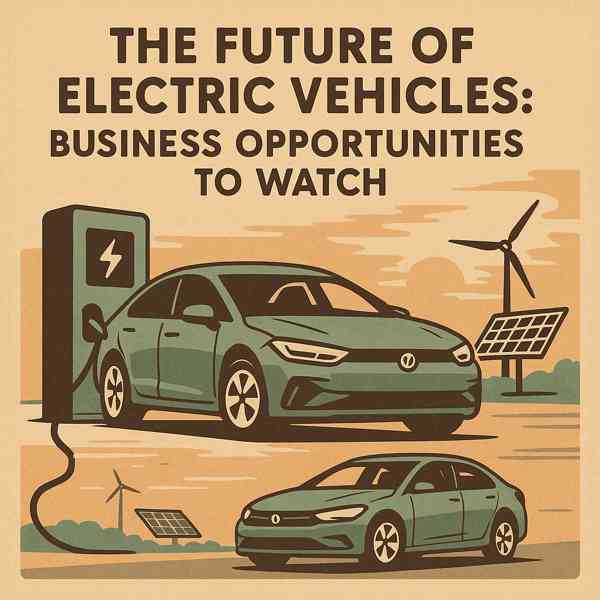
As the world shifts toward sustainability, electric vehicles offer a cleaner solution to our mobility needs.
From compact cars and SUVs to trucks and motorcycles, EVs are available in more models than ever.
Understanding EVs
Electric vehicles are powered entirely by stored electricity, rather than traditional internal combustion engines.
Key components of EVs include:
- Electric motor
- Battery pack
- Power electronics
- Allows the vehicle to recharge from external sources
Electric vehicles come in various types, such as hybrid electric vehicles (HEVs)—each with different levels of electrification.
Advantages of Going Electric
Whether you're looking to save money or reduce emissions, EVs offer a compelling option.
Major benefits include:
- Lower operating costs
- Helps fight climate change
- Better overall driving comfort
- Financial perks for EV buyers
For eco-conscious and cost-aware drivers, electric vehicles are an increasingly forward-thinking choice.
Limitations to Consider
Despite the growing popularity of EVs, they still face some barriers that buyers should consider.
Common concerns include:
- May require more frequent charging
- Longer trips need planning
- More expensive upfront than comparable gas models
- Battery lifespan and replacement
As technology advances and infrastructure improves, many of these challenges are becoming less significant.
Different Kinds of EVs on the Market
Not all electric vehicles are the same.
Main types of EVs include:
- Run only on electricity
- Electric motor with backup gasoline engine
- Hybrid Electric Vehicles (HEVs)
- Use hydrogen to generate electricity
Each type has its pros and cons, so buyers should choose accordingly.
EV Charging and Infrastructure
Charging an electric vehicle is convenient once you understand your options.
Main EV charging options include:
- Standard household outlet
- Faster and ideal for daily use
- Can charge 80% in under an hour
- Wireless or inductive charging (emerging tech)
As public charging networks visit expand, EV owners will enjoy even more accessibility and peace of mind.
The Future of Electric Vehicles
Electric vehicles are here to stay.
Next-generation EV developments:
- Solid-state battery technology
- Using EVs to support the power grid
- Combining EV tech with self-driving systems
- Making EVs accessible to all drivers
As innovation continues, EVs will become more efficient, affordable, and widespread.
Conclusion
Electric vehicles represent a major shift in how we think about mobility.
From environmental benefits to cutting-edge tech, electric vehicles offer a exciting alternative to traditional cars.
Comments on “Electric Vehicles Explained”